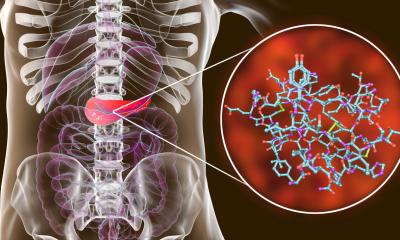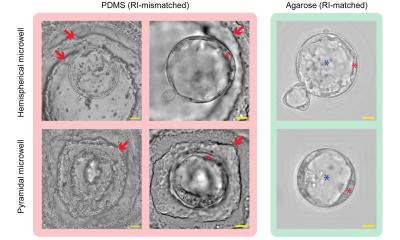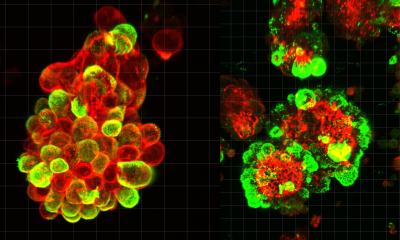Autoimmune disease risk
Silicone gel breast implants and connective tissue
Silicone breast implants are the most popular type of implant. The postulated relation between silicone breast implants and the risk of connective tissue and autoimmune diseases has generated intense medical and legal interest during the past decade. Considerable controversy has surrounded the long-term safety of silicone breast implants.

In the past decade, a number of independent studies have examined whether silicone gel-filled breast implants are associated with connective tissue disease or cancer. Must be cautiously interpreted.
Diverse immunologic abnormalities have been described in women who received silicone breast implants. Recently, studies on cell-mediated immune processes have been developed which explain part of the immune reaction to silicon or its metabolits. Moreover, additional studies have indicated that the presence of HLA DR genetic typing predisposes an individual to certain autoimmune diseases associated with silicone breast implants.
There is convincing evidence that polyneuropathy (demyelinating) is associated with over 85% of patients complaining of symptoms after silicone gel implantation. Both asymptomatic and symptomatic groups of women (polyarthralgias, fatigue, myalgias, morning stiffness, and decreased memory) were reported to have statistically increased autoantibody production. Anti-silicone antibodies in symptomatic patients with silicone breast implants have been measured. The serologic results suggest that the binding of IgG to silicone is immunologically non specific. The data suggest that long-term silicone implantation results in the production of autoantibodies to connective tissue antigens. There was a statistically significant greater frequency of autoantibodies in women with implants for 15–20 autoantigens. The association of autoantibodies and implants suggests an adjuvant action of silicone/silicone by productsAproximately 30% of women with silicone breast implants have a positive ANA at a titer of 1:20 or greater (usually have speckled patterns). Some investigators have reported antimicrosomal thyroid antibodies in 30% of patients with silicone breast implants, anti-ssDNA.
Autoimmune disorders and rheumatic symptoms in breast implant patients have been reported frequently in recent years. The association of silicone breast implants with connective tissue diseases (CTDs), including systemic sclerosis, systemic lupus erythematosus, rheumatoid arthritis, and fibromyalgia, as well as a hypothesized new "atypical" disease, which does not meet established diagnostic criteria for any known CTD, has been extensively studied. On the basis of clinical studies the connective tissue diseases (CTD) that has been most consistently related to breast implants is systemic sclerosis.
Numerous studies were presented that patients had developed atypical rheumatic disease after silicone breast implant (e.g., atypical Sjögren’s-like syndrome with dry eyes and dry mouth, adenopathy and glandular mononuclear cell infiltrates in the absence of serological findings), multiple sclerosis-like syndrome, motor neuron-like syndrome. Many rheumatologists have reported a fibromyalgia syndrome in patients with silicone breast implants. Long term implantation was associated with an increased incidence arthritis.
The remission of some of the symptoms of silicone breast implant-associated disease after implant removal has also been reported.
In conclusion, women with silicone breast implants might develop atypical rheumatic diseases, which differ from the classical idiopathic disease. On the basis of meta-analyses, there was no evidence of an association between breast implants in general, or silicone-gel-filled breast implants specifically, and any of the individual connective-tissue diseases, all definite connective-tissue diseases combined, or other autoimmune or rheumatic conditions. From a public health perspective, breast implants appear to have a minimal effect on the number of women in whom connective-tissue diseases develop, and the elimination of implants would not be likely to reduce the incidence of connective-tissue diseases.
23.01.2012










